Living in between
- Synopsis & Trailer
- Director’s Statement
- Protagonists
Synopsis
ARADA follows the stories of three men who grew up in Switzerland but do not have Swiss passports. Due to criminal offenses they have been deported to Turkey, the homeland of their parents.
Vedat and Duran were expelled only a few years ago, while Mustafa was deported in the 1990s. Mustafa lives in the village of his ancestors where he started a new family. He’s come to terms with his Swiss past even though he left behind a — now adult — son when he was forced to leave the country. Vedat and Duran live in metropolitan Istanbul, and both work as call agents for German-speaking companies. They struggle to cope with the local culture and still cling to their Swiss identity.
ARADA means (in)between in Turkish. In its examination of a highly relevant, controversial subject — the deportation of second-generation immigrants convicted of criminal offenses — the film touches on fundamental questions about the concepts of nationality and cultural identity in a time of resurgent nationalism. Arada explores a hidden milieu and tells moving stories about individual human fates behind the political and legal disputes over deportation policy.
Director’s Statement
For many years socio-cultural exchanges have been the focus of my creative work. Mainly in my photographic and filmic works I have repeatedly portrayed individuals from a variety of backgrounds, making them accessible to others via the particular presentational form. In the case of ARADA, the focus is now on second-generation Turkish residents who had to leave Switzerland for Turkey against their will.
Swiss naturalization law and local deportation practices have been tightened significantly in recent years. This has had a powerful effect on how delinquent «secondos» (as the children of immigrants are called in Switzerland) without Swiss passports are dealt with. A prison term of just a few months is now enough to be expelled from Switzerland. Although the debate on how to deal with delinquent foreigners is omnipresent in Switzerland, practically no one knows what happens to those individuals once they are deported to their supposed homeland. In Turkey of all places I got to know a side of Switzerland I had never imagined before.
In my film, I’m not interested in imposing a specific political viewpoint on viewers, but I would like to recount, as an observer, what it means to be involuntarily deported to a homeland that is foreign to you and what effects this has on a person’s identity. This film is first and foremost about the people portrayed and their inner world. My aim was to deal with individuals rather than to generalize.
Even if the story is ostensibly Swiss-Turkish, the film points toward a larger theme: We live in a time when our identities are becoming increasingly blurred and intertwined. The Swiss, the German or the Norwegian no longer exist (if they ever did). But as we become more multicultural, we are also building more and more borders and walls. Such times call for a nuanced examination of complex themes such as home and identity. I wanted to take on this challenge with my film.
Protagonists
Vedat
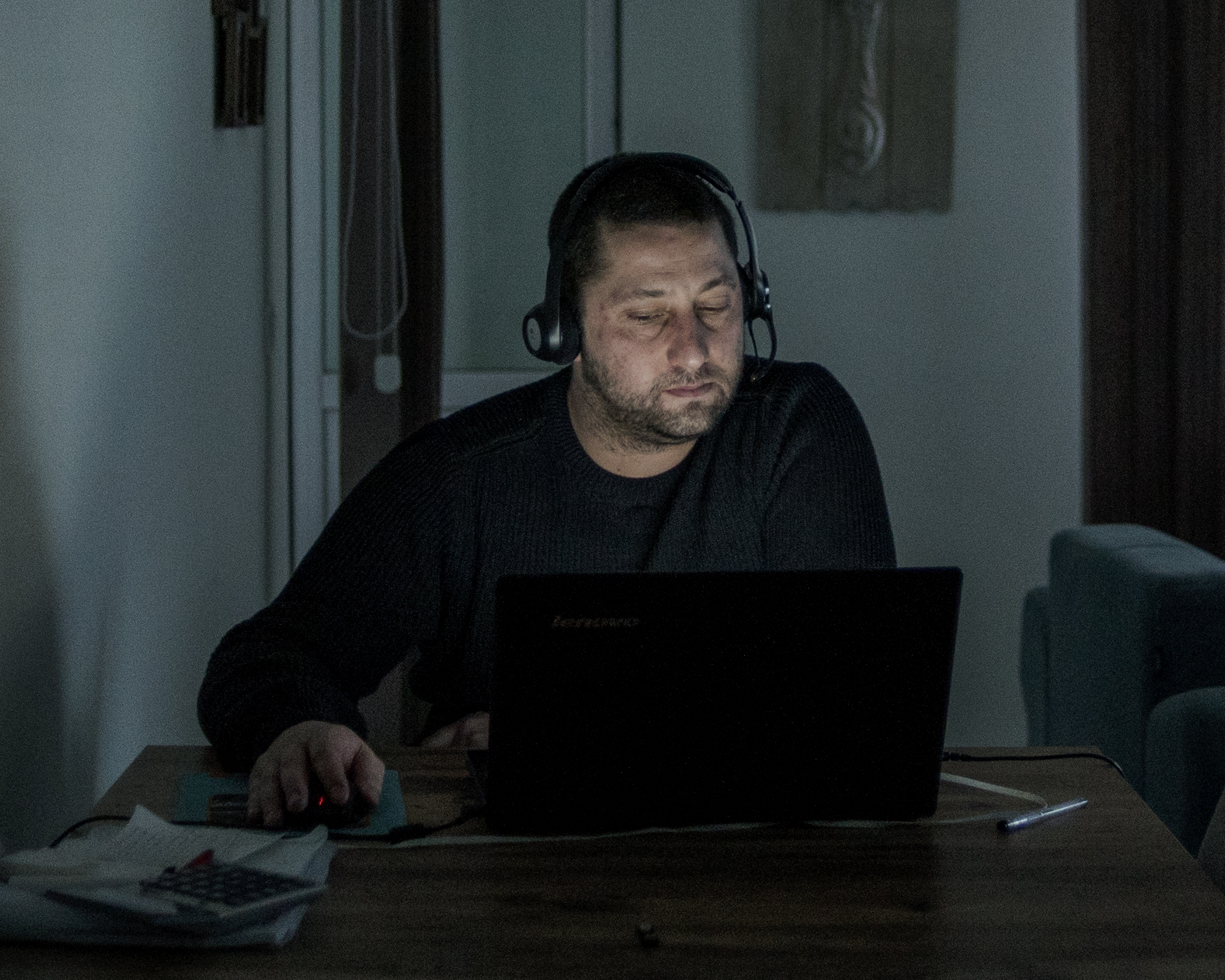
Vedat today
Duran
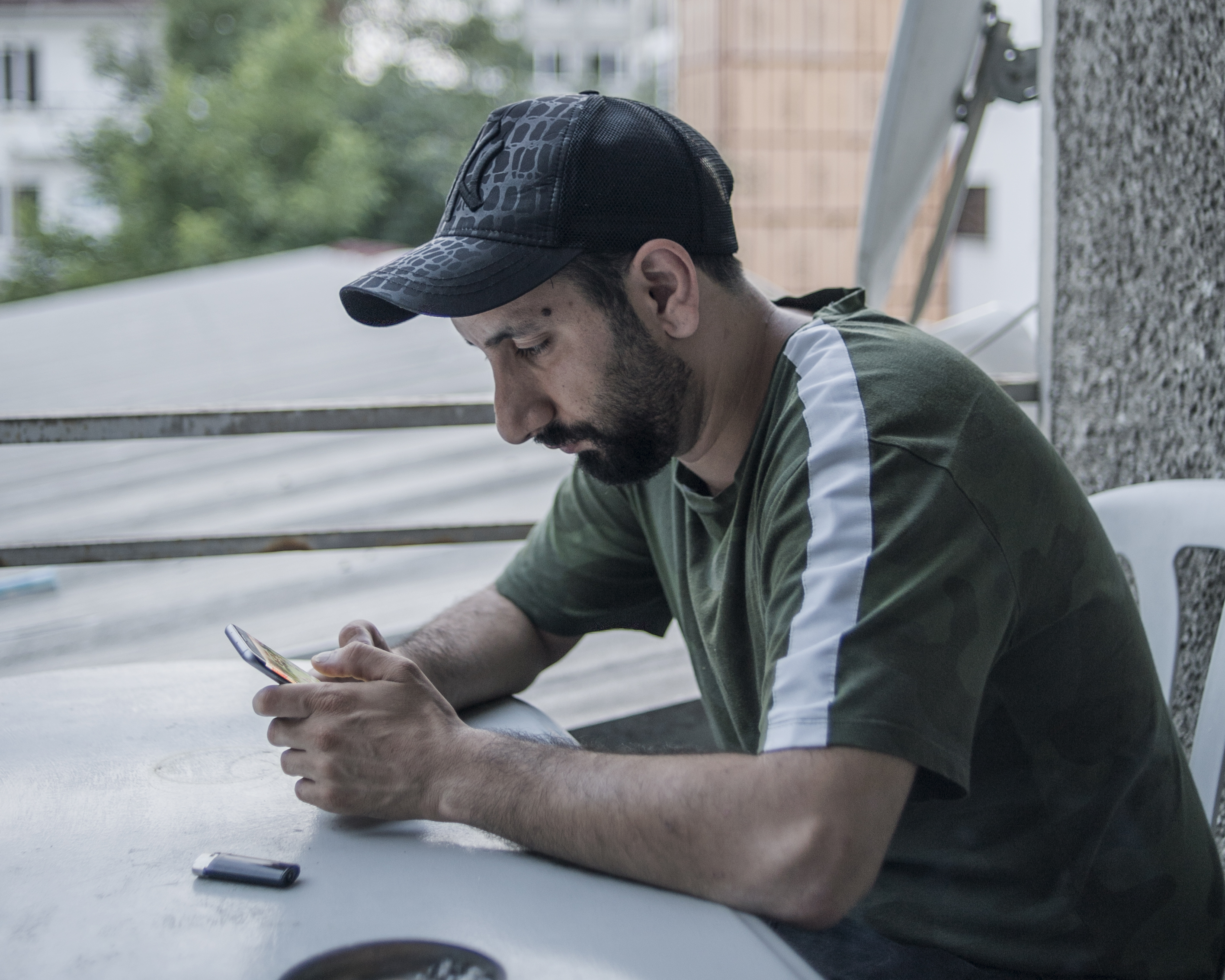
Duran today
Mustafa
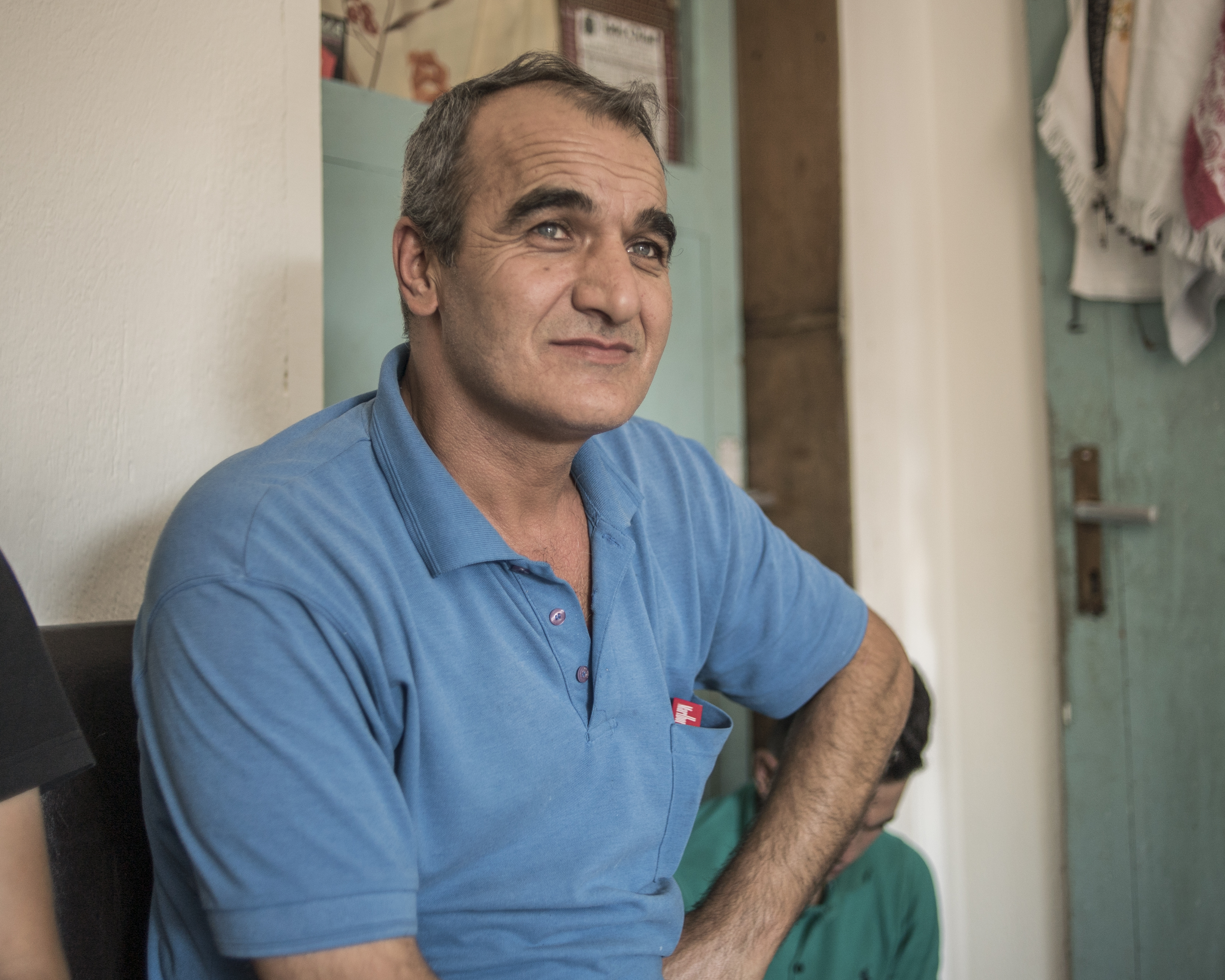
Mustafa today
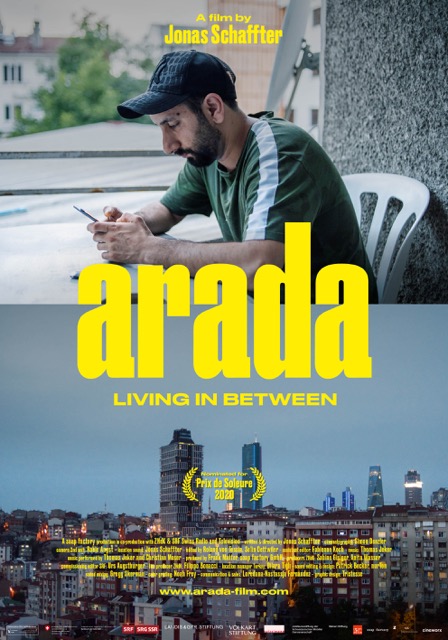
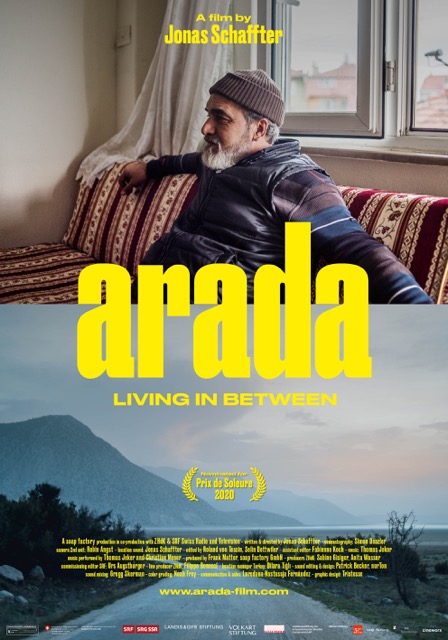
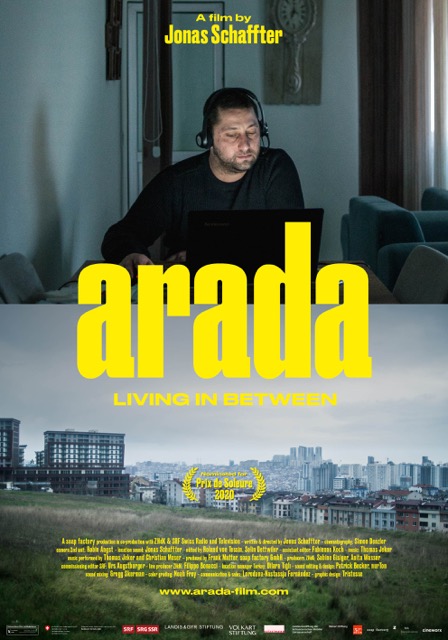
News
Festivals
- HOW THIS PROJECT CAME ABOUT
- BACKGROUND
How This Project Came About
In November 2015 I set off for my first research trip to Turkey - with a list of addresses of expelled Swiss-Turks who were scattered all over Turkey. Although I had heard a lot about the subject, I had no idea what to expect on this three-week trip.
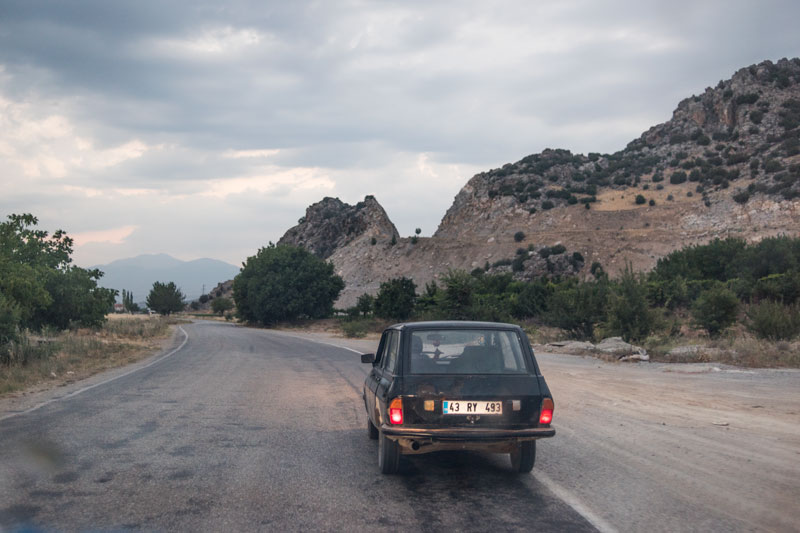
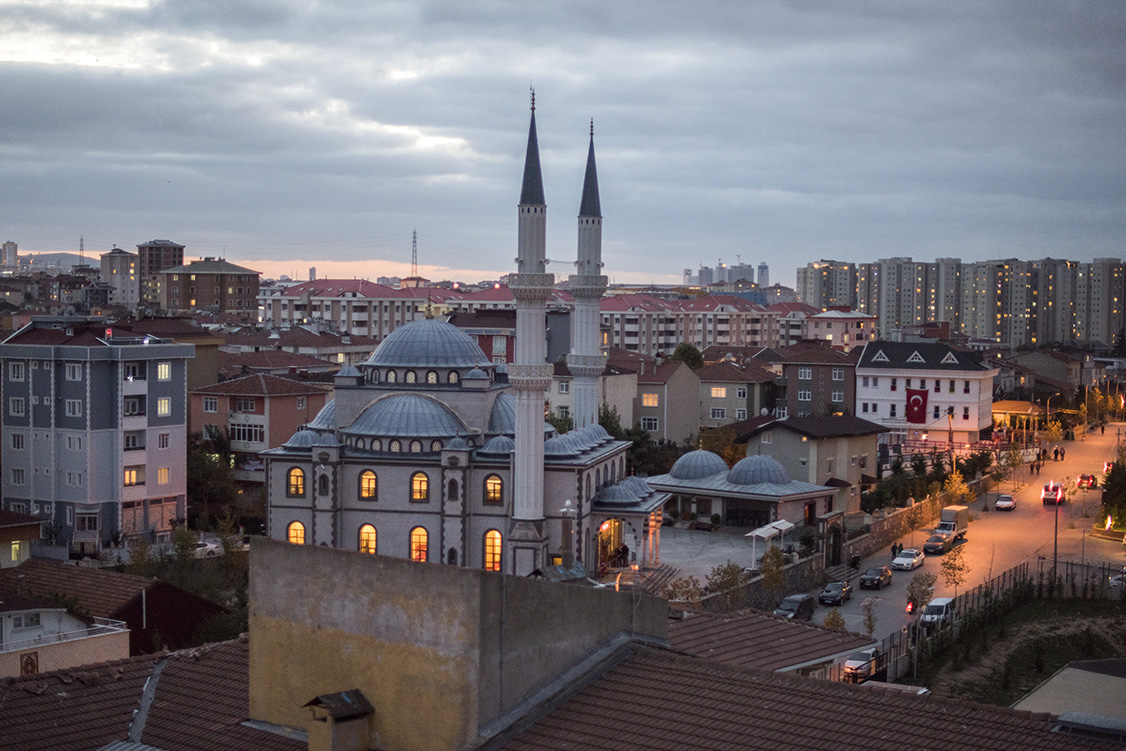
Already on the second day I was sitting with my research assistant Ali in the apartment of Vedat, Hasan and Hakan - three Swiss-Turks who had been deported from Switzerland. All three had met in Istanbul and started a little Swiss community by sharing a flat. That evening we all sat in their living room until 3am. I realized that the three men have to deal on a daily basis with the questions that I was interested in. They are all homesick - for Switzerland. Despite their Turkish roots, they do not feel at home in Turkey: they miss their football club, Migros iced tea or a cheese fondue with friends. Switzerland is idealized. On our taxi ride back to the hotel early in the morning, Ali and I didn’t say a word. We both had to process what we had just seen and heard. But on this ride it became one-hundred percent clear to me: This story has to be told. I wanted to bring the emotional experience I had that evening to a larger audience through a documentary film.
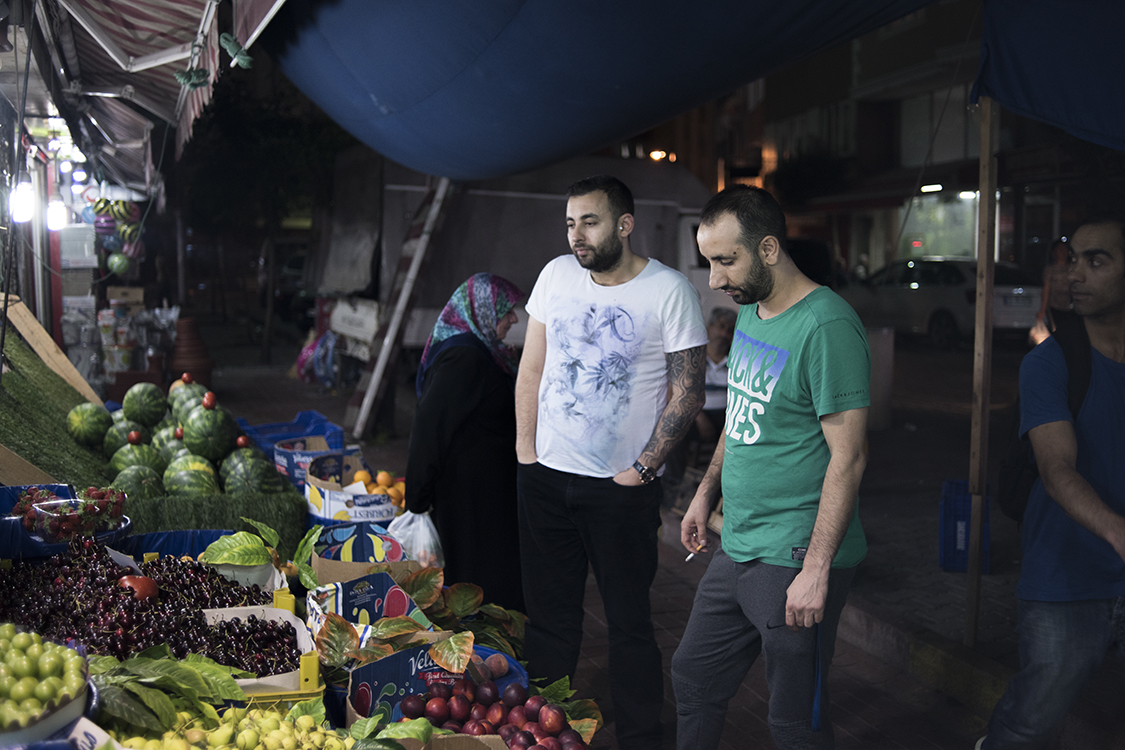
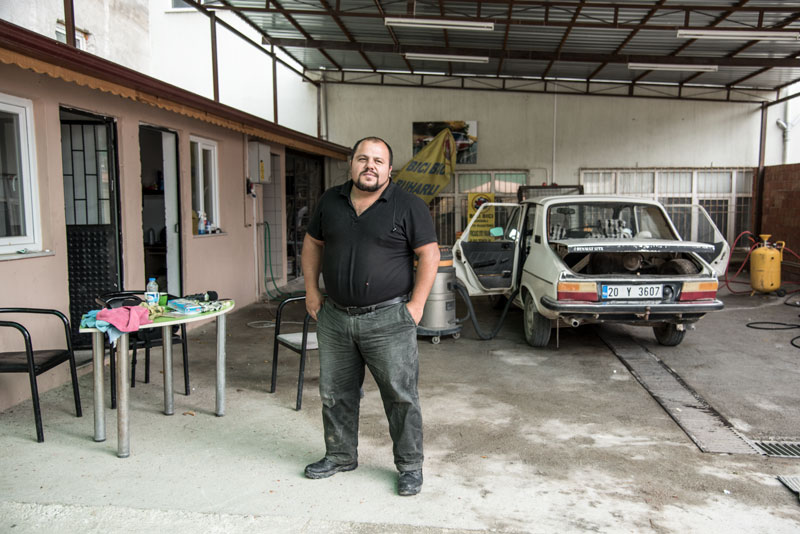
Over the course of several months of research, I traveled across Turkey and met other potential protagonists. This period of research was marked by various terrorist attacks and the attempted coup against President Erdogan. The events also had an effect on my protagonists.
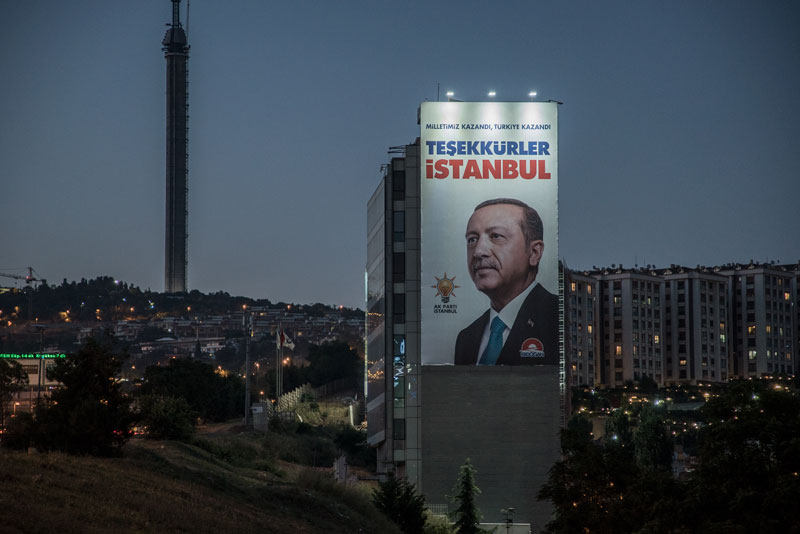
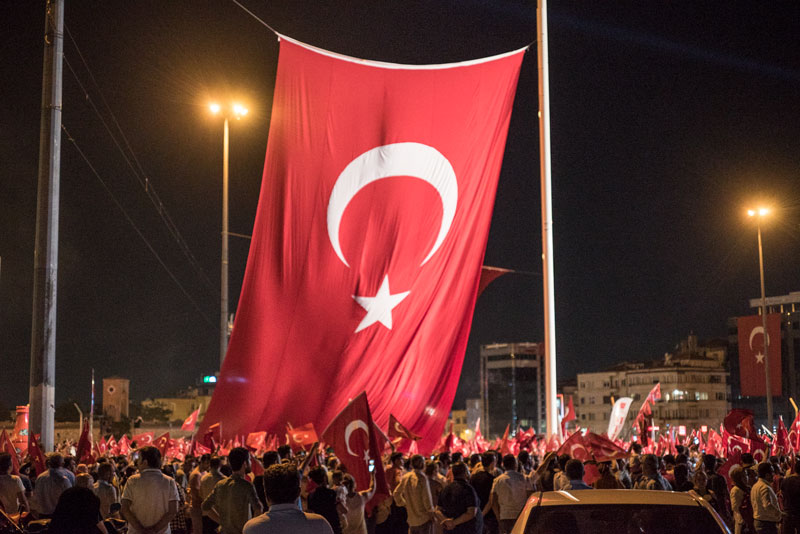
The shoot with my cameraman Simon Denzler took place in September and November 2017, and in March and June 2018 at exclusively Turkish locations. After several years of production, we were able to complete the film in November 2019 and show it to the public for the first time in January 2020.
Background
FOREIGNERS FROM ABROAD
Foreign Infiltration to Enforcement Initiative
Switzerland has always had an ambivalent relationship with foreigners. Taking in asylum seekers is seen as a «noble duty». At the same time, the country relies on cheap labor from abroad. This is how it is today and the situation was also similar in the 1960s when thousands of Italians and Spaniards set out for Switzerland as seasonal workers. The objective has always been to limit the number of the foreign residents in Switzerland. The first major attempt of this kind was the so-called Schwarzenbach Initiative. The ballot measure demanded that the number of foreigners be limited to 10% of the total population. When the Swiss voted on it there was a record turnout of 74%. 46% of the voters were in favor, sending shock waves throughout Europe.
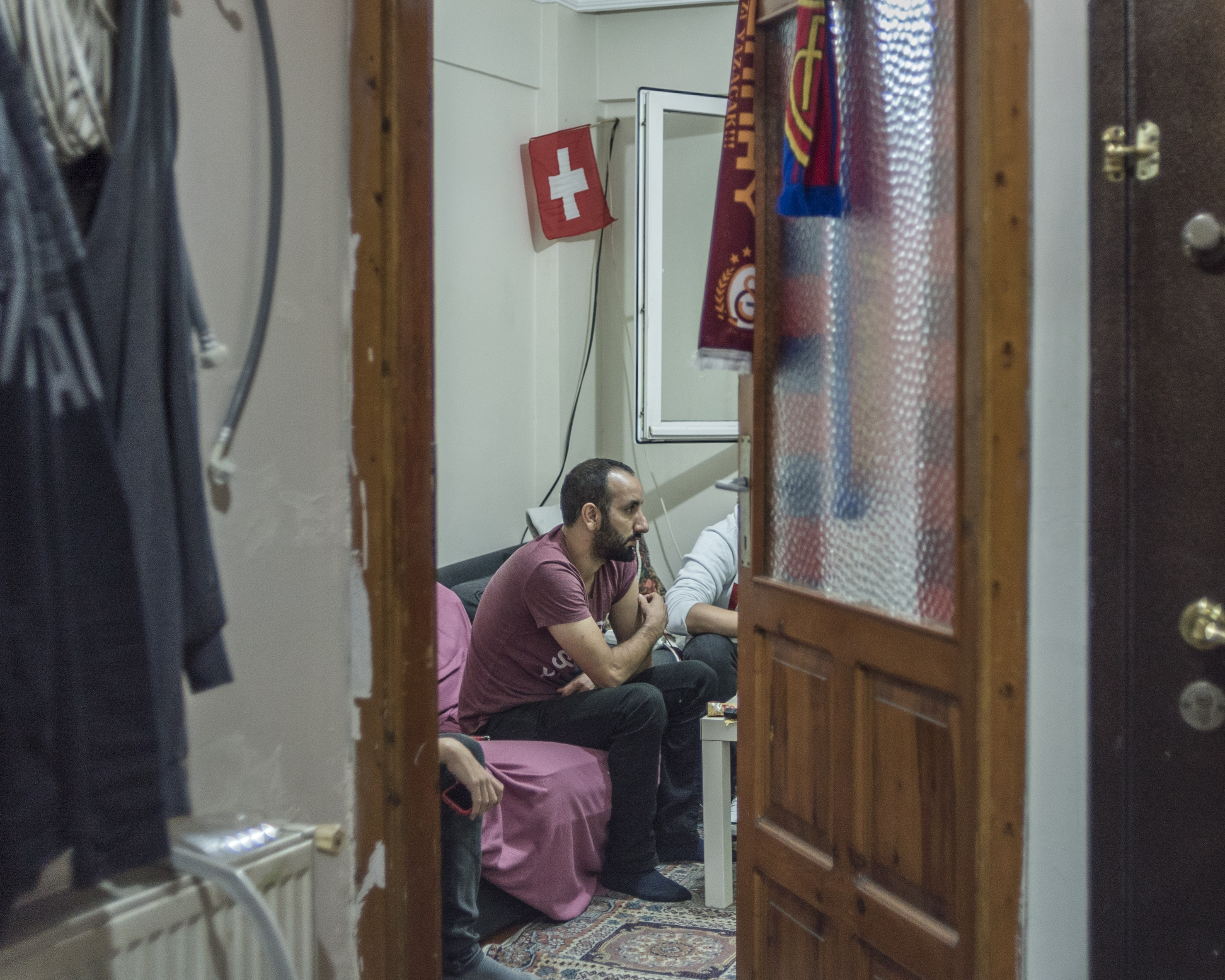
Over the past twenty years, the debate on foreigners has been fueled primarily by the right-wing Swiss People’s Party (SVP). The group has achieved three important victories in recent years: the adoption of an initiative that banned the construction of Minarets (2009), the approval of a ballot measure to tighten the deportation laws for foreign offenders (2010) as well as the initiative against «Mass Immigration» (2014). Although an initiative that demanded even tougher deportation rules was clearly rejected with 58.9% of votes, Switzerland’s policies against delinquent foreigners have been steadily become more radical.
According to one of the leading experts on migration law, Professor Alberto Achermann, Switzerland stands out internationally when it comes to dealing with second-generation foreign residents or «secondos» as they’re called in Switzerland. In an interview with the weekly newspaper WOZ, Achermann said: «When I ask foreign colleagues how they deal with secondos, they are amazed at my question because in other places the children of immigrants are not usually considered foreigners: in Germany they become — with certain restrictions — automatically naturalized.» In concrete terms, this means that none of ARADA’s three protagonists would have been expelled from Germany or Austria, for example. Switzerland is a special case not only because of its rigorous deportation laws but also because of its – in the international context — very restrictive naturalization practise.
HOMESICKNESS — THE SWISS DISEASE
Morbus Helveticus
Homesickness is the longing for being home while you’re abroad. The Basel-based physician Johannes Hofer first described this malady under the term «nostalgia» in 1688. It is also known as «Swiss disease» (Latin: morbus helveticus). The term was originally coined in reference to Swiss mercenaries in foreign armies who suffered from homesickness. According to the ideas of the time, it is a melancholy arising from an unsatisfied longing for home, which is said to result in a breakdown of physical health, exhaustion, fever and even death. In France, for instance, Swiss mercenaries were purportedly banned under penalty of death until the mid-eighteenth century from singing or whistling Kuhreihen (French: Ranz des Vaches), a well-known pastoral song in French-speaking Switzerland. The French authorities feared that by hearing the song Swiss mercenaries could not help feeling homesick and that the melody could even lead them to desert their army.
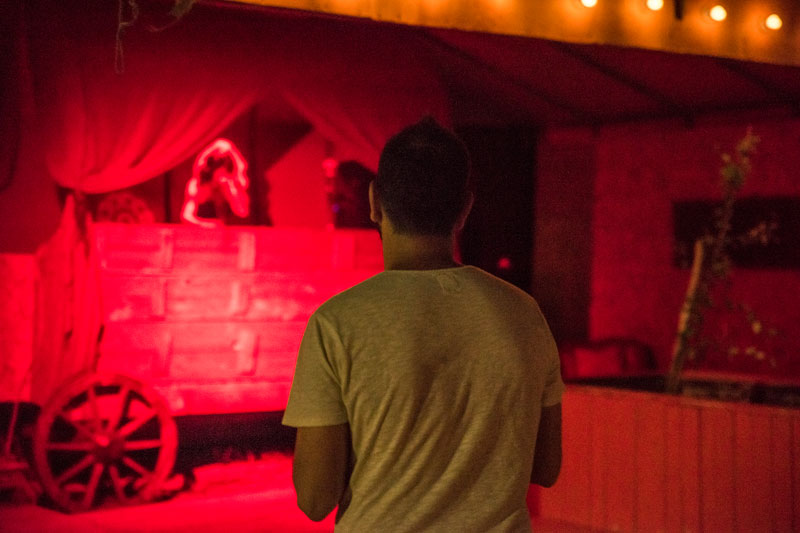
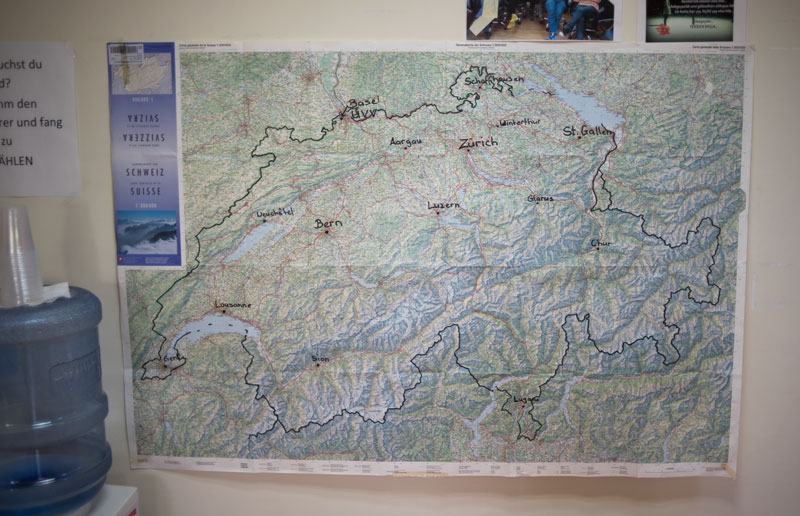
TURKS AND KURDS IN SWITZERLAND
The Turkish diaspora represents the sixth-largest immigrant group in Switzerland. Over 120,000 people of Turkish origin live in Switzerland. Nearly all have a permanent residency permit, even if more than half only have a Turkish passport. Around 45,000 Turkish immigrants have become Swiss.
Turkey is a country with a wide variety of religious, ethnic and cultural groups. The majority are Sunni Muslims. This social diversity is also evident in immigrants from Turkey. The largest and most visible groups are the Turks and Kurds. In addition to a Sunni Muslim majority, Switzerland has a large number of Alevi. Most people from Turkey live in German-speaking Switzerland, especially in the cantons of Zurich, Aargau, Basel-City and Basel-Country. While Turks with Turkish identity live primarily in the canton of Aargau, Kurdish-Turks live mainly in the Basel area. Across Switzerland, the number of Turkish-Kurds is estimated at 70,000; 12,000 of them live in the city of Basel. Proportionally, far more Turkish-Kurds live in Switzerland than in Germany, for instance.
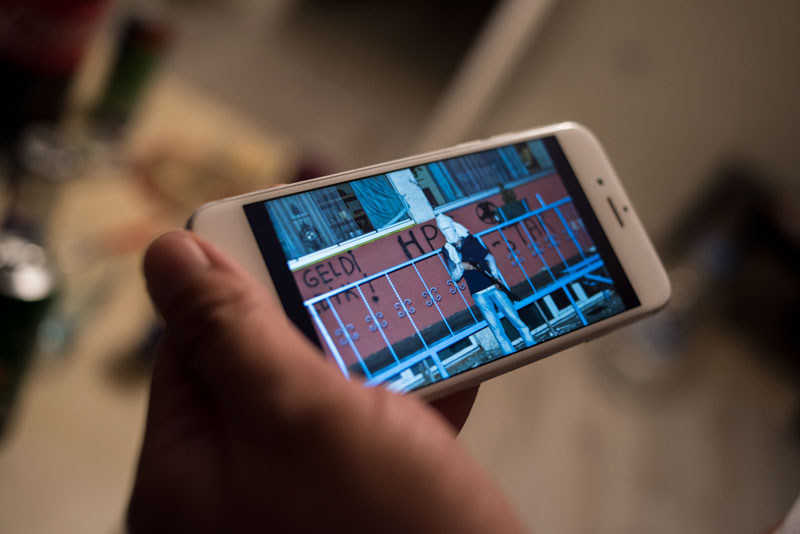
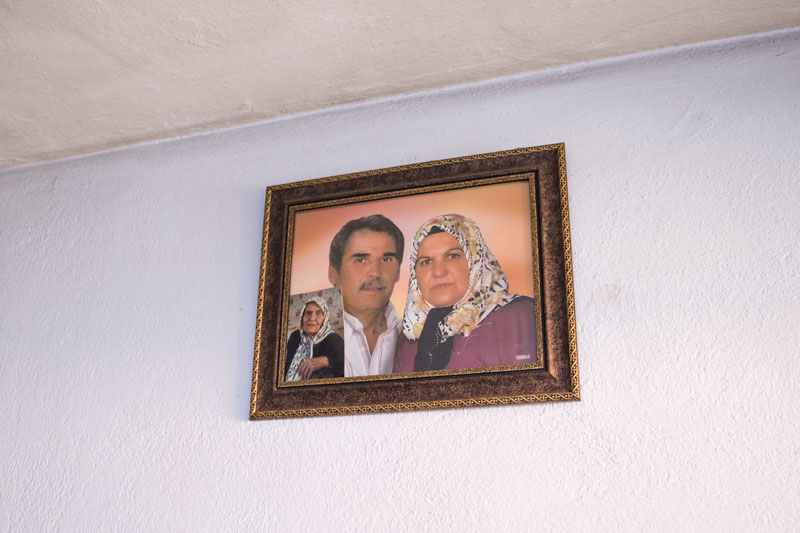
Biographies
Jonas Schaffter
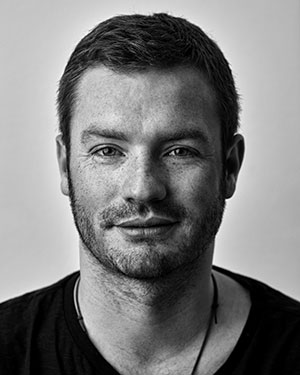
Jonas Schaffter was born in 1988 in the farming village of Metzerlen in the canton of Solothurn, Switzerland. He attended the Academy of Art and Design (HGK) in Basel and graduated in 2013 with a bachelor’s degree in visual communication. During a one-year stay in Istanbul he studied photography for a semester at Mimar Sinan Fine Art University. He then worked as a photographer and filmmaker on the Bosporus and at the point de vue production company in Basel. From 2012 to 2015, Jonas Schaffter realized «Offside Istanbul», a fifty-two-minute-long documentary film on African football players lured to Turkey under false promises. Over a three-year period beginning in 2016, Jonas Schaffter completed his master’s degree in film studies at the Zurich University of the Arts (ZHdK), specializing in documentary film production. During this time he made Arada, his first feature-length documentary film.
soap factory /
Frank Matter
soap factory GmbH is a film production company based in Basel. Frank Matter has realized a variety of feature and documentary films since 1993 as a director and producer. The films have been awarded numerous international awards.
Films as a director
- «Parallel Lives» (2021),
- «Von heute auf morgen» (2013),
- «The Definition of Insanity» (2004),
- «The Beauty of My Island» (1999),
- «Morocco» (1996),
- «Hannelore» (1993)
Films as a producer
- «Der Gletscher kalbt nicht mehr» (in development),
- «Ruäch» (in post-production),
- «Ann’s Pub» (2021),
- «Play with the devil» (2021),
- «Arada» (2020),
- «Who’s afraid of Alice Miller?» (2020),
- «I’ll be your mirror» (2019),
- «Ciao Babylon» (2017),
- «Amalia e Giancarlo» (2017),
- «Thomas Hirschhorn – Gramsci Monument» (2015),
- «La buena vida – Das gute Leben» (2015),
- «Grozny Blues» (2015),
- «Nel giardino dei suoni» (2010)
Credits
- Written and directed by
- Jonas Schaffter
- Cinematography
- Simon Denzler
- Camera 2nd unit
- Robin Angst
- Location sound
- Jonas Schaffter
- Edited by
- Roland von Tessin, Selin Dettwiler
- Music written by
- Thomas Jeker
- and performed by
- Thomas Jeker and Christian Moser (Cümbüş)
- Produced by
- Frank Matter, soap factory GmbH
- Producers ZHdK
- Sabine Gisiger, Anita Wasser
- Commissioning editor SRF
- Urs Augstburger
- Line producer ZHdK
- Filippo Bonacci
- Directing mentor ZHdK
- Sabine Gisiger
- Location manager Turkey
- Dilara Tığlı
- Communication and sales
- Loredana-Nastassja Fernández
- Additional camera
- Jonas Schaffter
- Assistant editor
- Fabienne Koch
- Editing mentor
- Kaya Inan
- Sound consultant ZHdK
- Maurizius Staerkle Drux
- Post-production assistants
- Josef Adler, Paulina Kerber, Uday Akyol
- Translations (Turkish)
- Selin Dettwiler, Uday Akyol, Nurgül Kaan
- Sound design
- Thomas Jeker
- Sound editing and design
- Patrick Becker, NurTon GmbH
- Sound mixing
- Gregg Skerman
- Color grading
- Noah Frey
- Trailer
- Gregor Brändli
- Subtitles
- Manuela Vonwiller, ZAXAPH
- Graphic design
- Tristesse
- Project accountants
- Marcel Pfeiffer, Jeanette Stenz
- Research assistant
- Ali Ekber Celik
- Head of documentary departement ZHdK
- Christian Iseli, Sabine Gisiger
- Administration ZHdK
- Claudia Hürlimann
- Technical equipment ZHdK
- Gian Courtin
- Post-production ZHdK
- Norbert Kottmann, Yasmin Joerg
- Head of MA film program ZHdK
- Sabine Boss
- Additional music
- «Le ranz des vaches», men’s chorus of the intercantonal choirs, Switzerland,
directed by Lisa Appenzeller
- Produced with the support of
- Fachausschuss Film und Medienkunst der Kantone Basel-Stadt und Basel-Landschaft
- Bundesamt für Kultur (EDI), Schweiz
- SRF Schweizer Radio und Fernsehen, SRG SSR
- Landis & Gyr Stiftung
- Volkart Stiftung
- Kulturfonds SUISSIMAGE
- Jubiläumsstiftung der Schweizerischen Mobiliar Genossenschaft
- Mahari-Stiftung
- FONDATION SUISA
- Additional financial support
- Christin Achermann, Alberto Achermann, Gülsha Adilji, Stefania Akrabova, Gülten Akgünlü, Vania Alleva, Balance Audit AG, Lea Baldiger, Anna Baltensperger, Zoe Baumgart, Sonja Berger, David Bollag, Noëmi Bossard, Samuel Bramley, Marc Brandes, Maja Bretscher, Andrea Brodbeck, Güvengül Köz Brown, Susanne Bürgler, Jasmin Camenzind, Madeleine Corbat, Vivian Crettol, Dominik Denzler, Michèle Dick, Verein Dorfläbe, Urs Dünner, Marie-Luise & Bernhard Ehrenzeller, Fabrizio Fracassi, Babak Fragahi, Denise Furter, Peter Gisler, Daniel Grossheutschi, Barbaros Gürler, Philipp Grünenfelder, Sonya Haksar, Laura Hallström, Nabila Hammad, Ruth Häusler, Yvonne Hermann, Felix Herzog, Hans Herzog, Achim & Fiona Imboden, Kaya Inan, Beatrix Kamber, Christine Kamber, Sabine Keller, Ursula Landolf, Aylin Laubscher, Hansjörg Leimer, Andrea Leuthold, Johanna Lutz, Elias Luzi, Pat Löffel, Werner Löffel, Lukas Meili, Gemeinde Metzerlen-Mariastein, Lucia Miggiano, Seraina Nett, Eva-Maria Odermatt, Yasemin Ongun, Nina Oppliger, Linda Dagli Orti, Manuela Plattner, Andreas Riss, Jurik Rockenbach, Michael & Simone Rockenbach-Renz, Dieter & Brigitte Roth, Viktoria & Dieter Roth-Schaffter, Paul Rubin, Annekäthi Schaffter, Elena Schaffter, Ivo Schaffter, Kurt & Ida Schaffter, Urban, Juliane, Carlotta & Johanna Schaffter, Ruth Meier-Schaffter, Thomas & Maria Schaffter, Nicolas Scharowski, Liane Schär-Spohn, Stefan Schlegel, Nico Schmied, Lena Signer, Christina Signer, Martin Skalsky, Carmen Stark-Saner, Joël Steib, Nora Togni, Andrej Trcek, Corina Tritten, Hannes Verbeke, Leah Vogler, Stefan Walt, Fanny de Weck, Susanna Wetzel, Sabine Wyss-Herrli, Marco Zaugg
Media
Contact
Distribution Switzerland
cineworx GmbH
Clarastrasse 48
Postfach
CH-4005 Basel
Pascal Trächslin
Stefanie Kuchler
info@cineworx.ch
+41 61 261 63 70
www.cineworx.ch
Contact
Production
/ World Sales
soap factory GmbH
Postfach
CH-4019 Basel
Frank Matter
Loredana-Nastassja Fernández
film@soapfactory.ch
+41 61 632 00 50
www.soapfactory.ch
Downloads
- ↓ Film Stills
- ↓ Posters
- ↓ Pressbook
- Photo Book
- Home Chronicles
Bonus
-

Kuştepe, Istanbul, research trip, 2016 -

Duran working at the call center of a Swiss company, Istanbul, research trip, 2016 -

Duran Deniz, born in 1984, from Birsfelden (Baselland) -

Fatih, Istanbul, research trip, 2015 -

Istanbul at night, film shoot, 2017 -

Duran having a break at the call center, Istanbul, film shoot, 2018 -

Duran at the shared flat, Kuştepe, Istanbul, film shoot, 2017 -

Duran with wife and son in Istanbul, film shoot, 2017 -

Duran in his parents’ hometown, Elbistan, visit, 2019 -

Kurdish wedding, Elbistan, visit, 2019 -

On the way to Mustafa, Anatolia, research trip, 2016 -

Mustafa Afşar, born in 1970, from Hunzenschwil (Aargau) -

Entrance to the village of Kumafşarı, research trip, 2016 -

Swiss house under construction, Kumafşarı, research trip, 2016 -
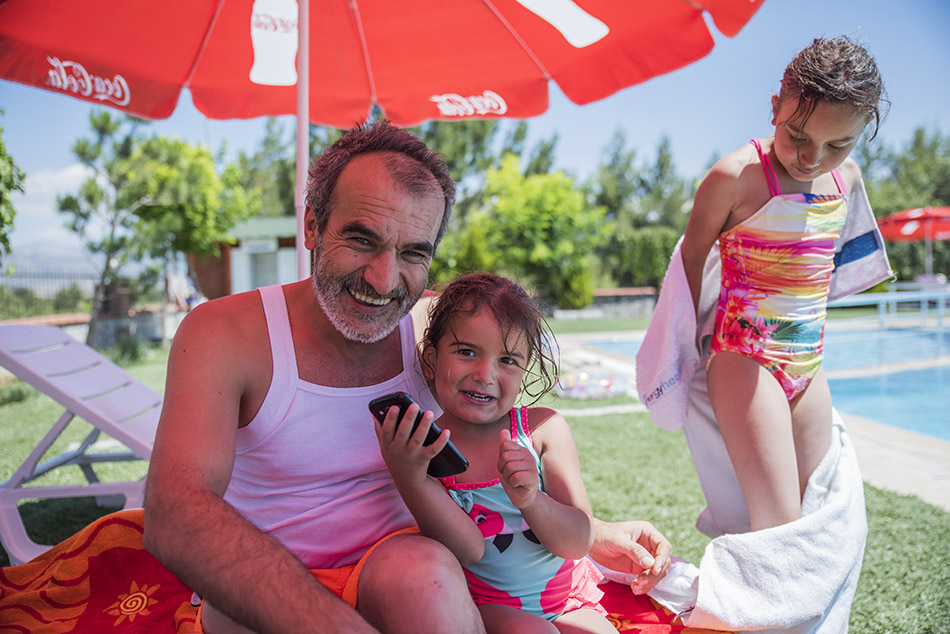
Mustafa with his daughters from his second marriage at the local swimming pool, Acıpayam, research trip, 2016 -
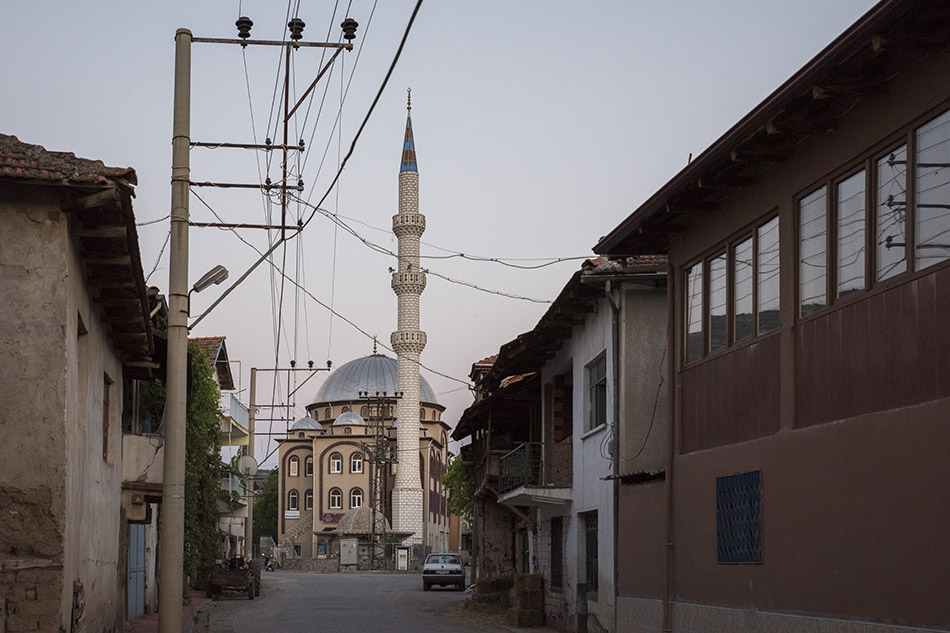
Mustafa’s village Kumafşarı, research trip, 2016 -
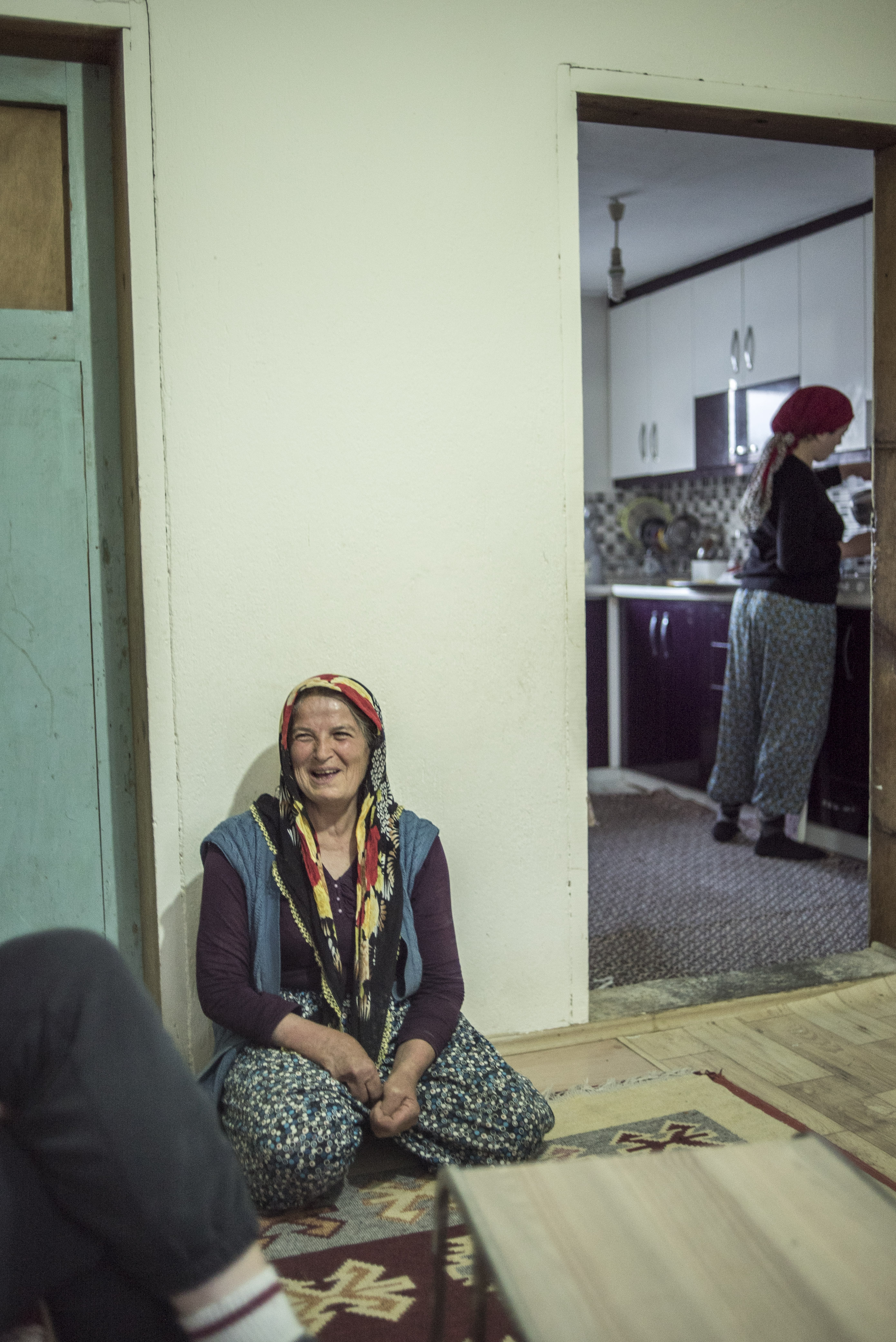
Mustafa’s mother-in-law Zeynep, Kumafşarı, film shoot, 2018 -
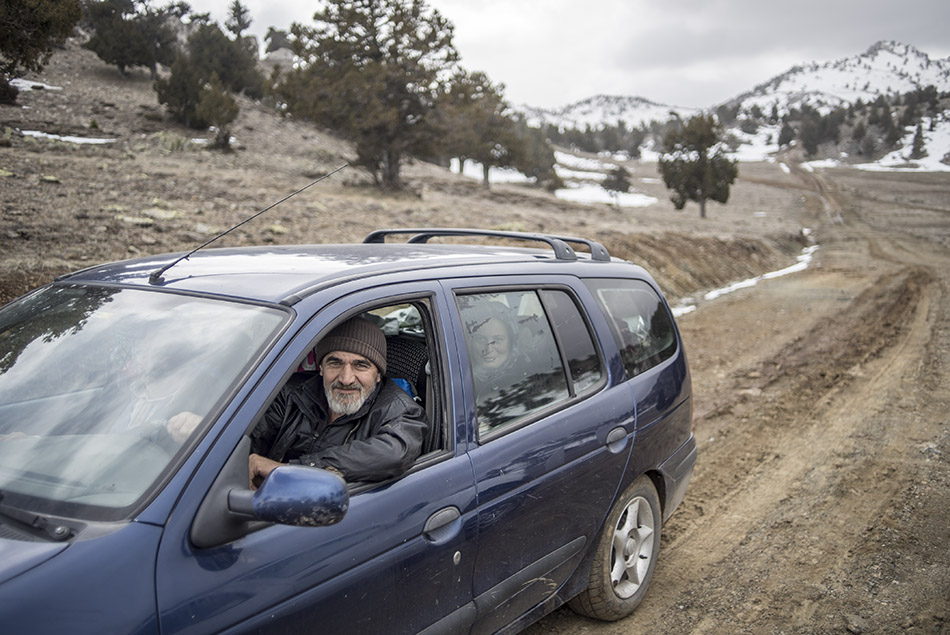
Family trip to the mountains, Gölhisar, film shoot, 2018 -
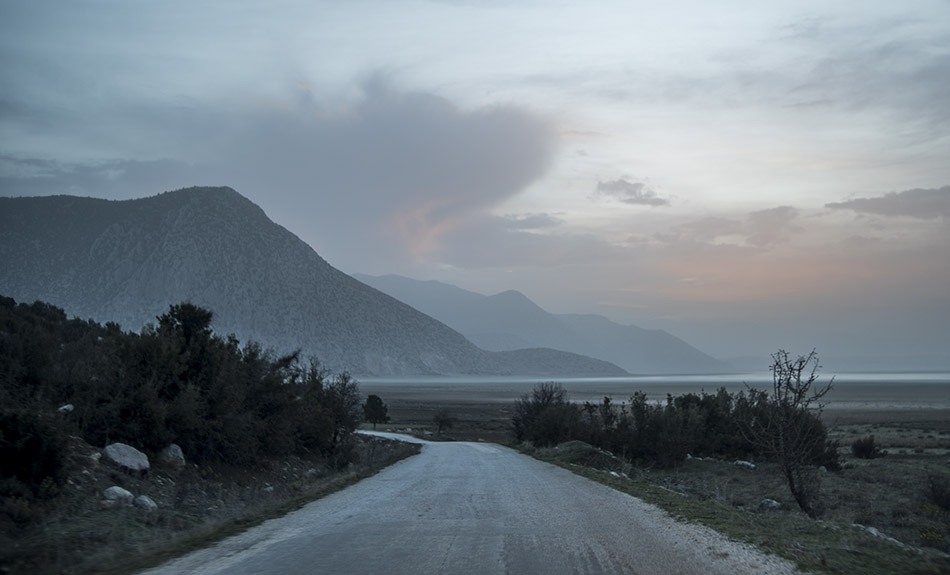
Landscape near Kumafşarı, film shoot, 2018 -
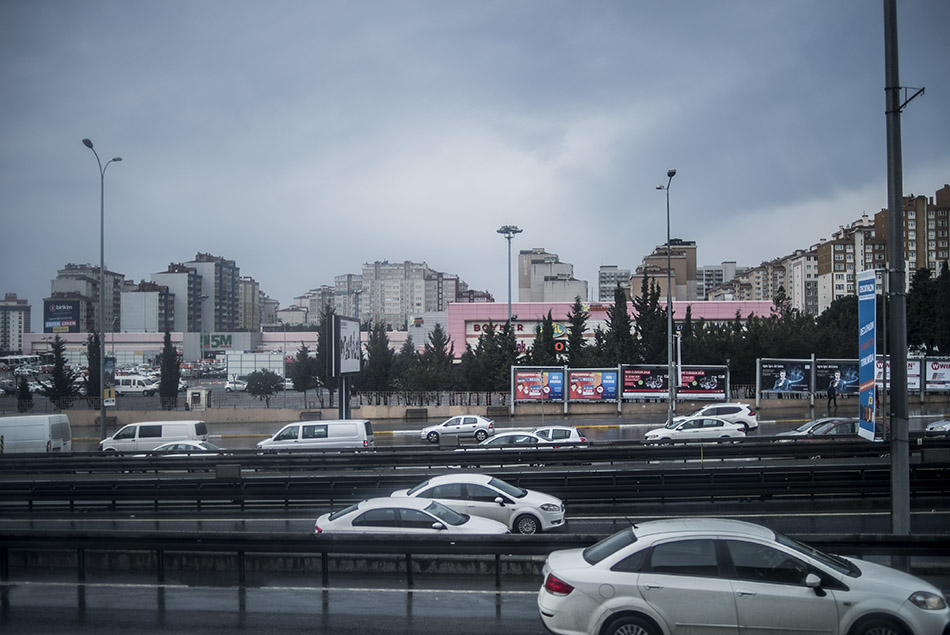
On the way to Vedat, Istanbul, film shoot, 2018 -
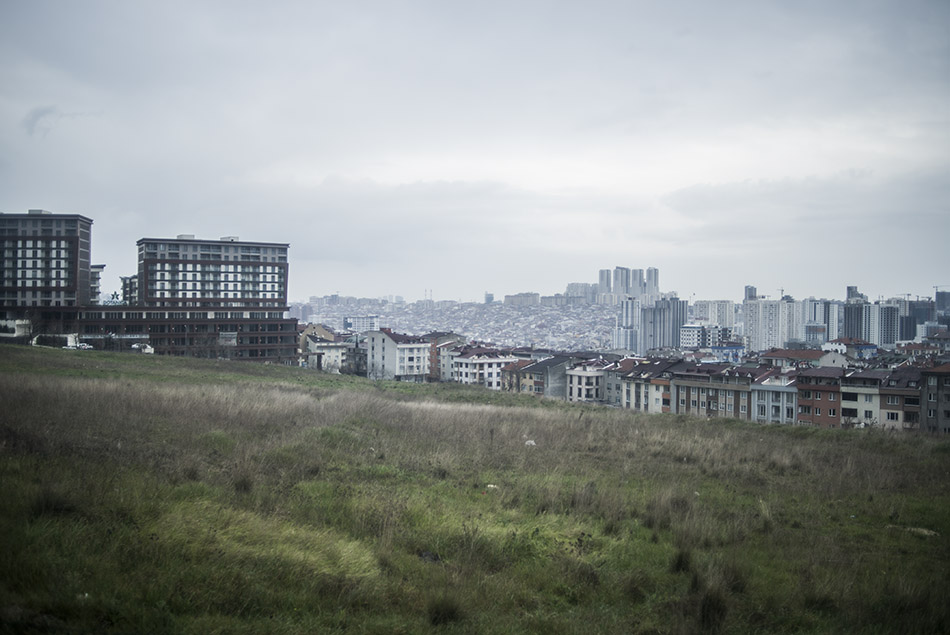
Vedat’s city district Beylikdüzü, Istanbul, film shoot, 2018 -
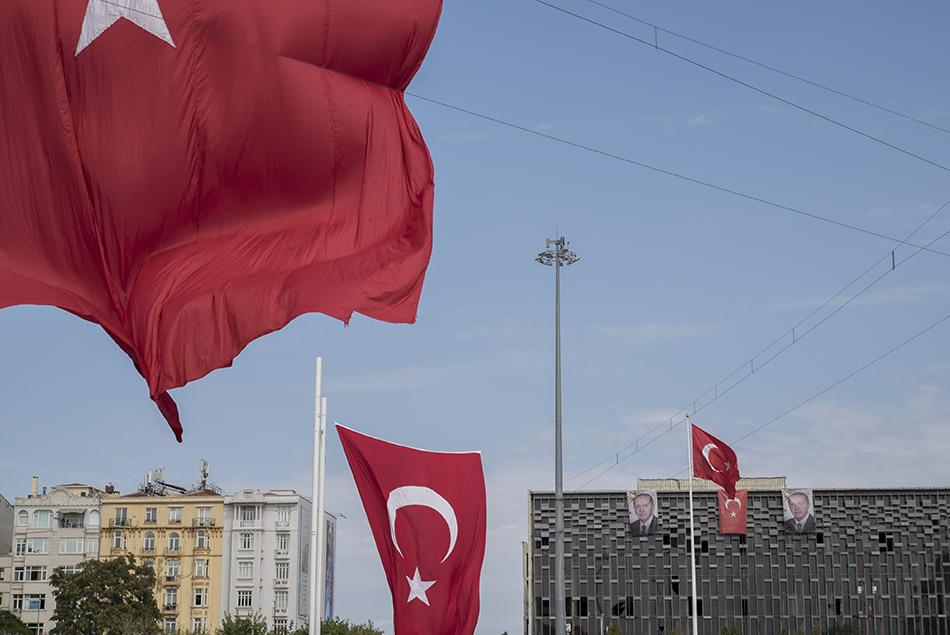
Istanbul shortly after the attempted coup, research trip, 2016 -
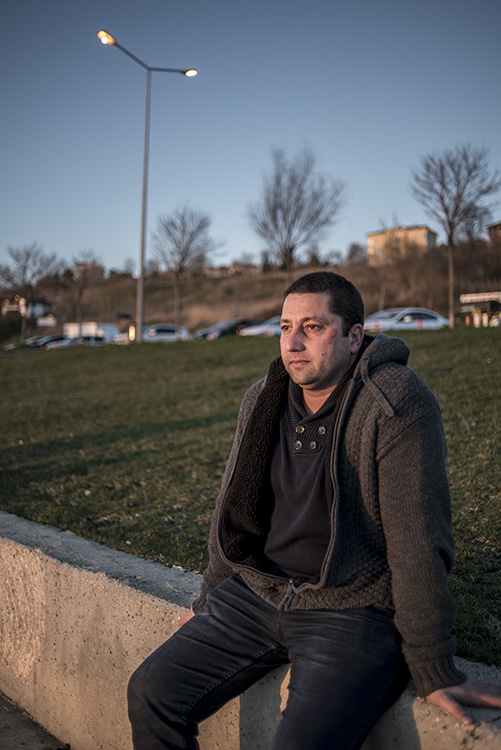
Vedat Bicer, born in 1979, from Solothurn -
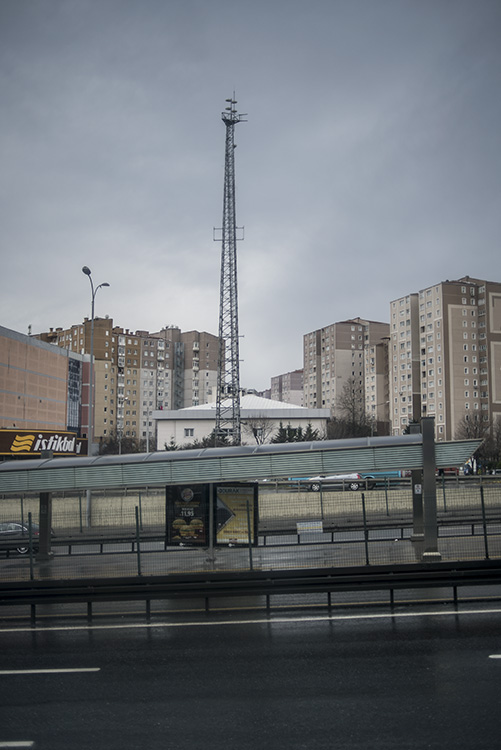
Subway station in Beylikdüzü, film shoot, 2018 -
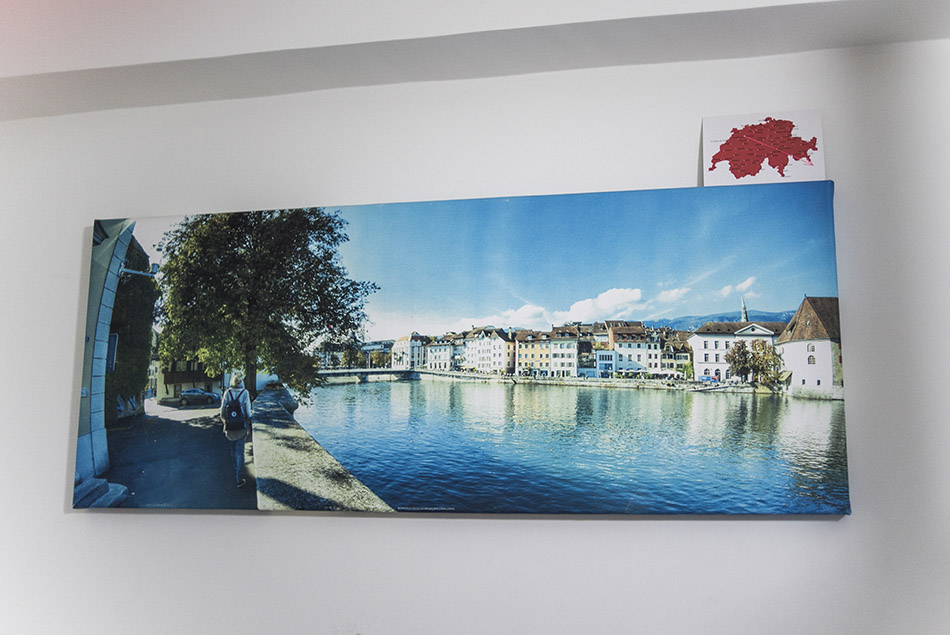
Picture of the Solothurn skyline at Vedat’s flat, visit, 2019 -
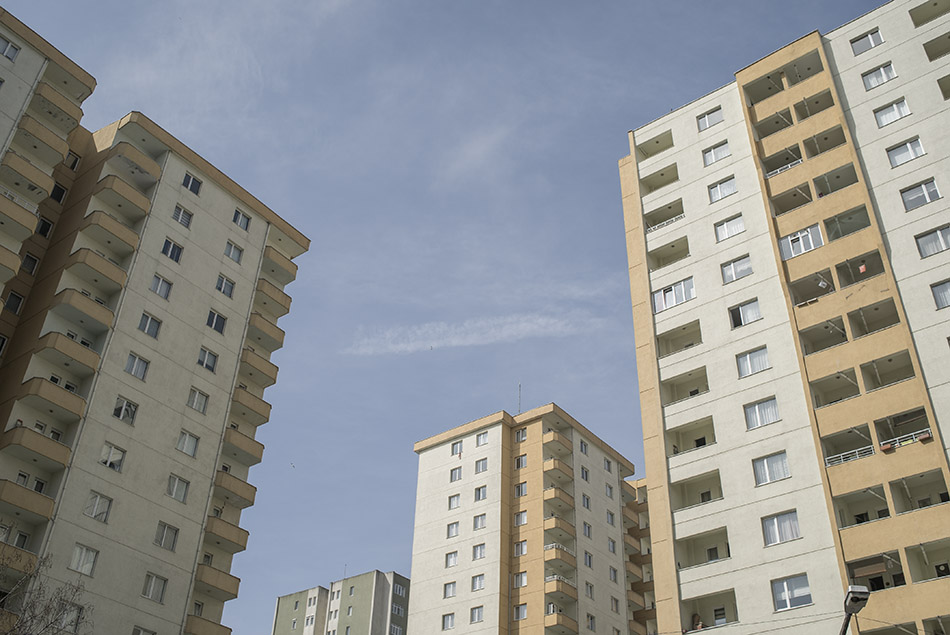
Vedat’s neighborhood, Beylikdüzü, Istanbul, film shoot, 2018 -
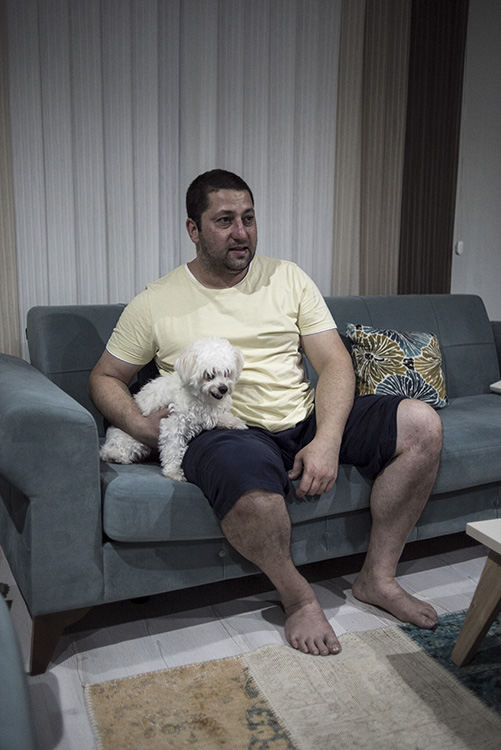
Vedat with his dog Lizzy during private film screening, Istanbul, visit, 2019 -
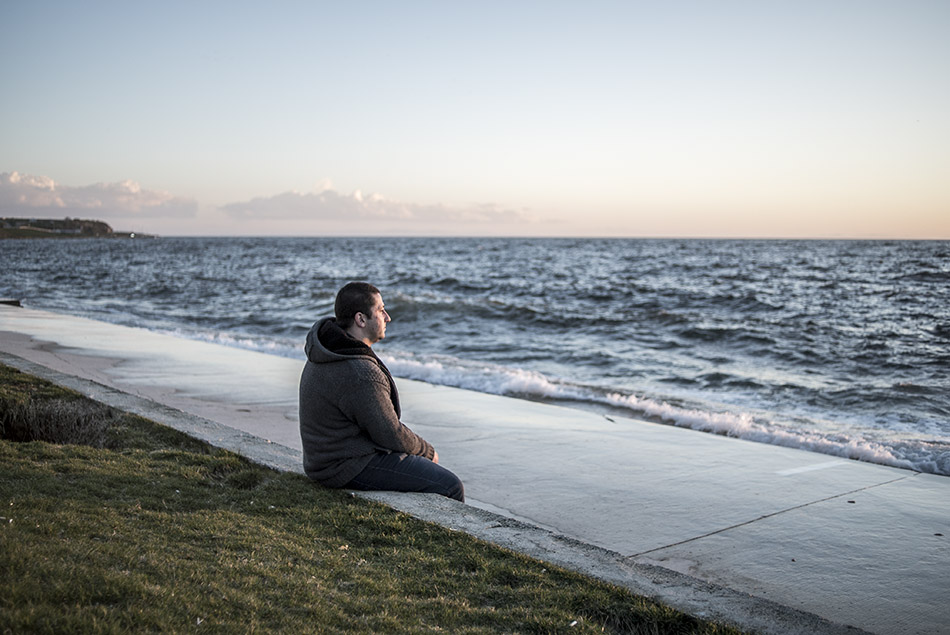
Vedat at the sea of Marmara, Istanbul, film shoot, 2018 -
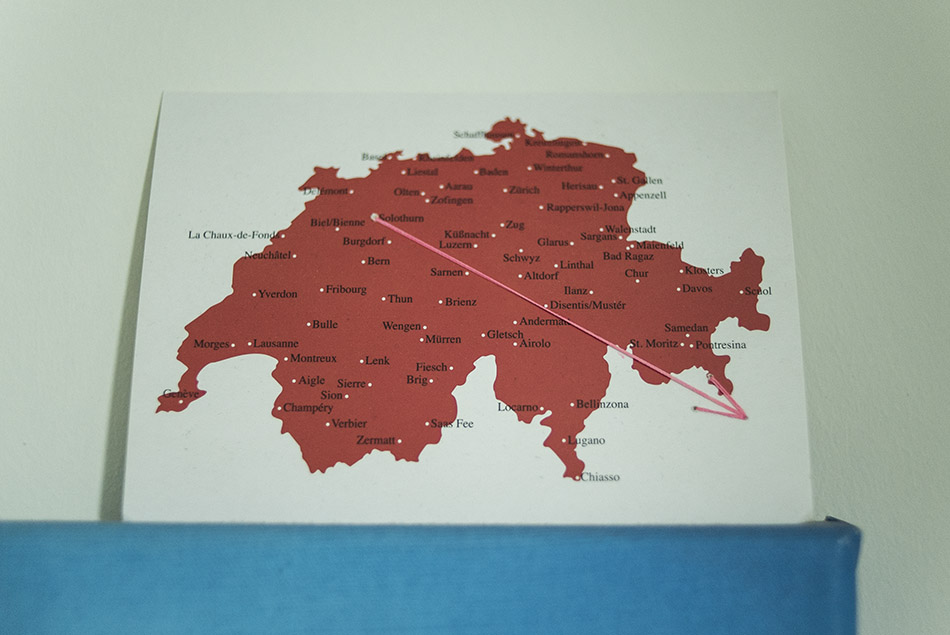
From Solothurn abroad, postcard at Vedat’s flat, visit, 2019
Bonus
During my film master studies at the Zurich University of the Arts (ZHdK), I was able to focus intensely on the research materials collected for ARADA. This helped me prepare for shooting the film but also to realize other multimedia projects — such as Heimatchroniken [Home Chronicles].
This in-school project was about juxtaposing conventional 16:9 format video with 360-degree video. Based on the memories my protagonists talked about in research interviews, my cameraman Simon Denzler and I visited the locations associated with their recollections in Switzerland. The two films were premiered and discussed at the Zurich Documentary Conference. (ZDOK 2017).